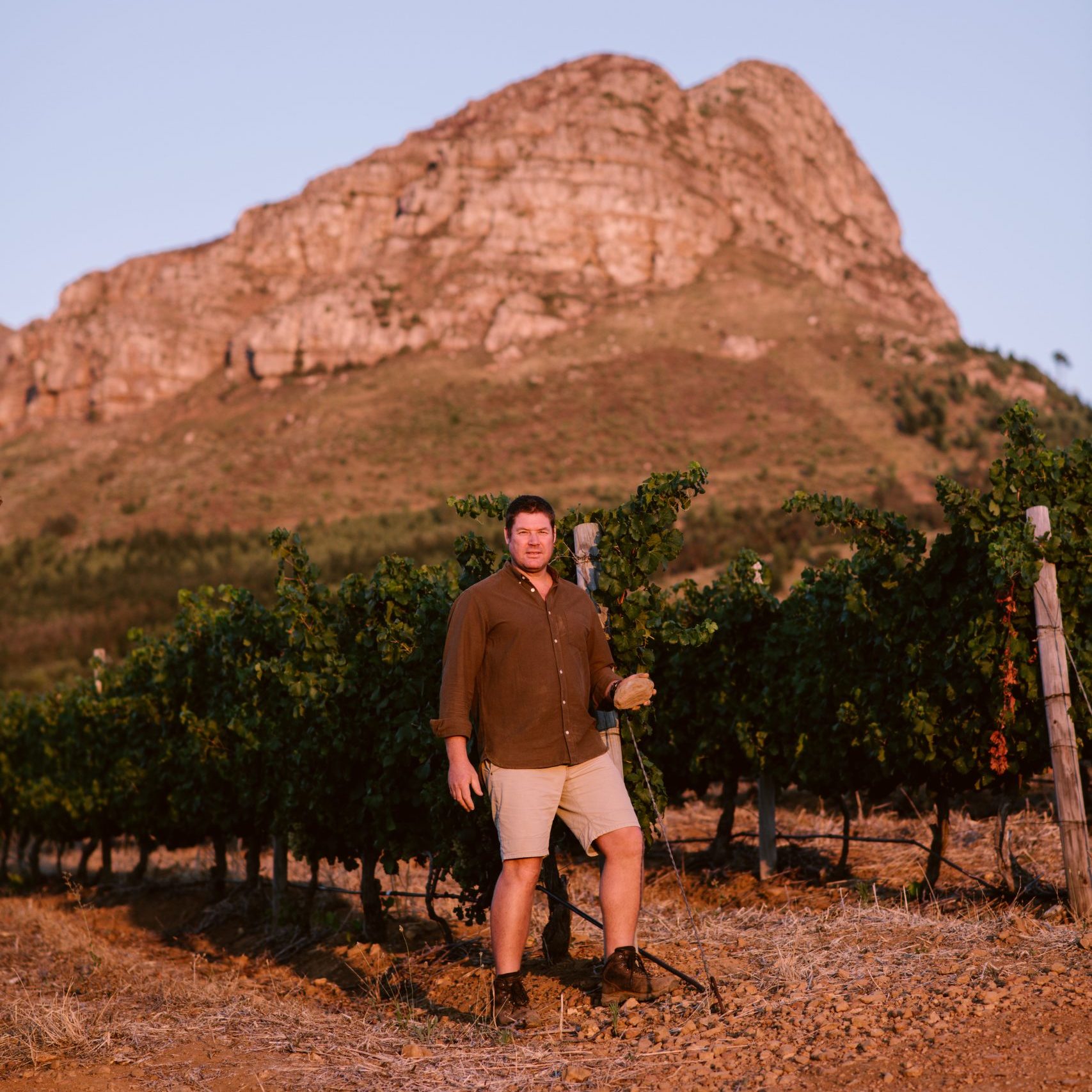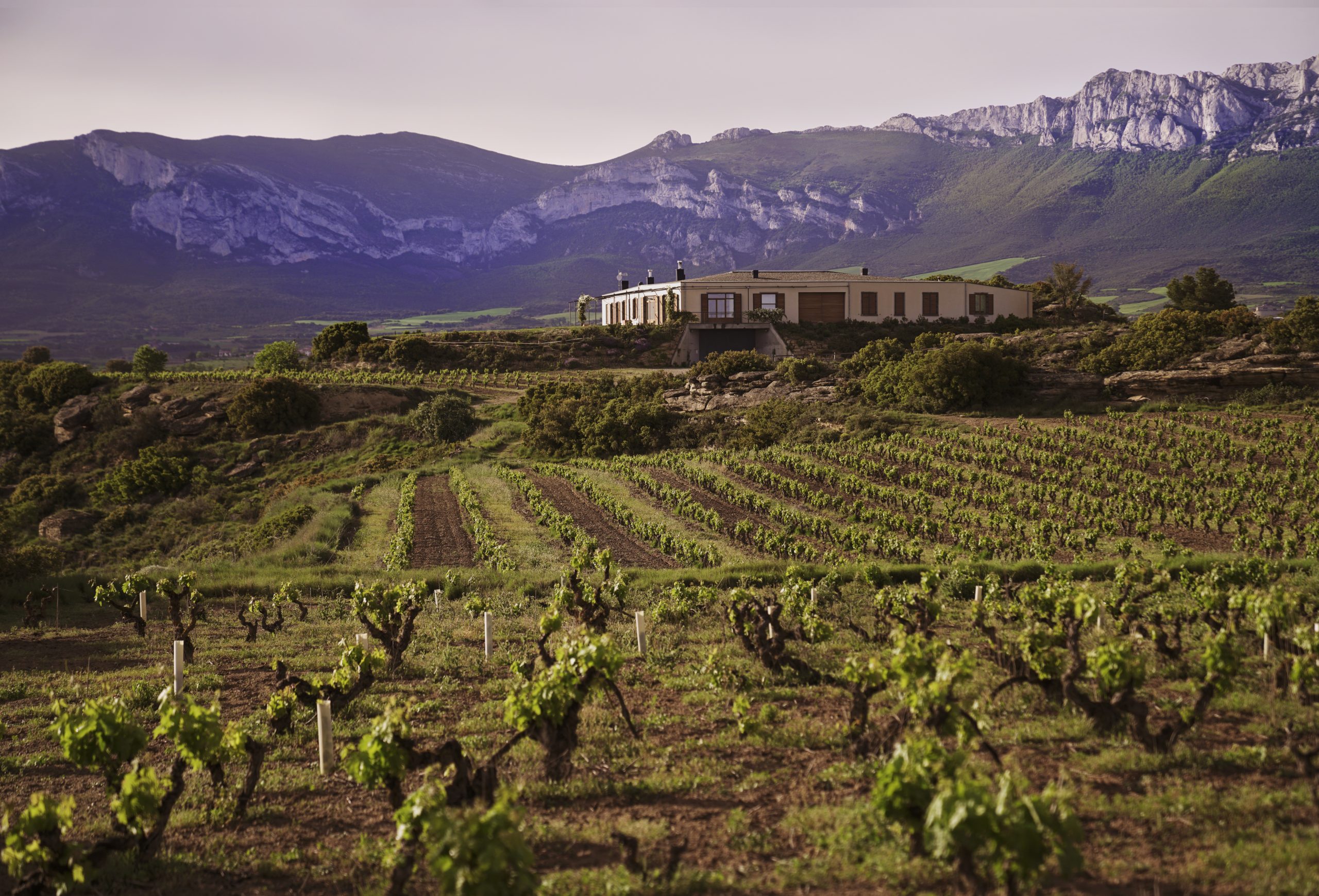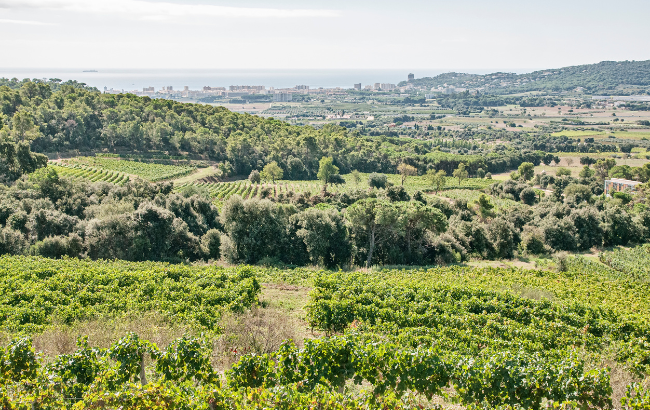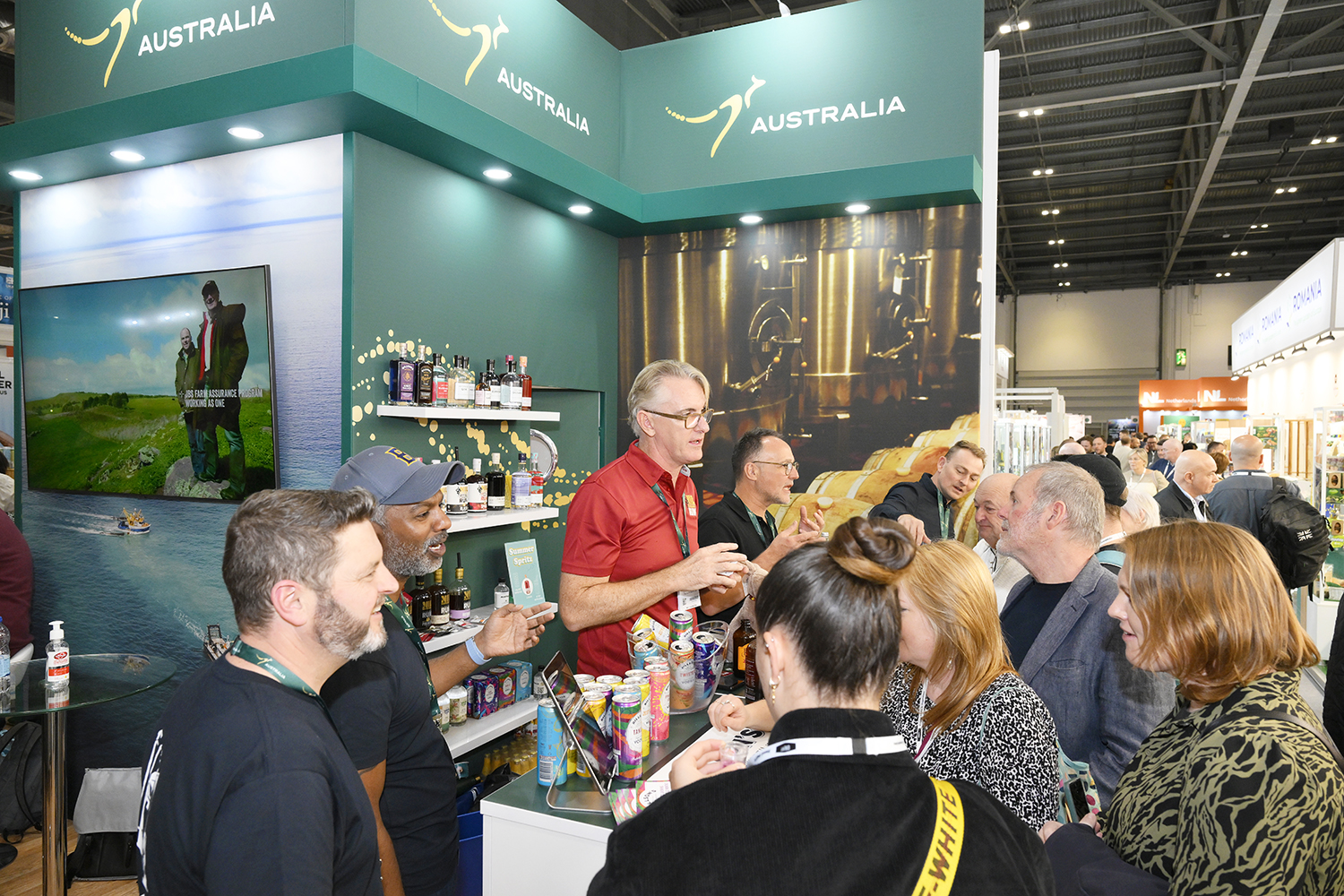Cutting through the greenwash: Alex Dale pushes for true organic change
By Sophie ArundelGreenwashing in organic wine dialogue is rife, but Radford Dale founder Alex Dale argues that genuine organic viticulture is the only way forward.
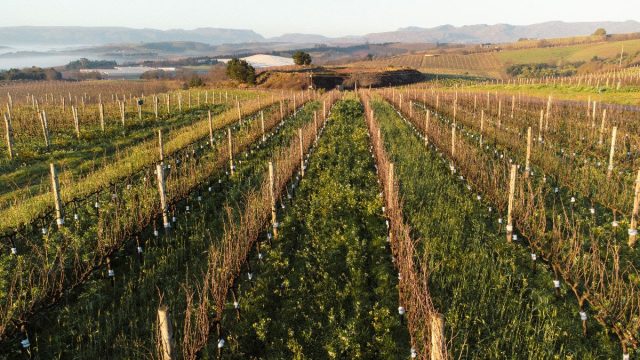
The term “organic” has become a buzzword in the wine industry, often thrown around in marketing materials without much scrutiny. While organic wine consumption is rising, especially in markets like the UK, the true nature of organic viticulture remains misunderstood. Greenwashing, a practice where businesses exaggerate or fabricate their environmental commitments, is rampant, making it difficult for consumers and trade professionals alike to discern which producers are genuinely committed and which are merely capitalizing on a trend.
For Alex Dale, chairperson of Organic Wines South Africa and co-founder of Radford Dale, organic wine is more than just a sales pitch, it is a philosophy and a way of life. In a recent interview with wine journalist Lisse Garnett, Dale candidly discussed the current state of organic winemaking in South Africa and why he believes the industry needs to evolve.
South Africa’s organic lag
Despite South Africa’s impressive strides in winemaking over the past three decades, the country lags behind Europe in organic viticulture. Dale points out that, historically, South African viticulture has been more focused on winemaking techniques than on vineyard practices.
“We have dozens of great young winemakers who are making exceptional wine, most often with bought fruit. Here the culture has not prioritised growing the best possible fruit, it has been more about winemaking.”
This has resulted in a proliferation of herbicides, pesticides, and chemical fertilisers. Many producers claim to be organic but fail to meet certification standards, often using cost as an excuse. “People say they are working organically; they claim the certification is too expensive, outwardly because that’s what the market wants to hear, but many are not farming organically at all.”
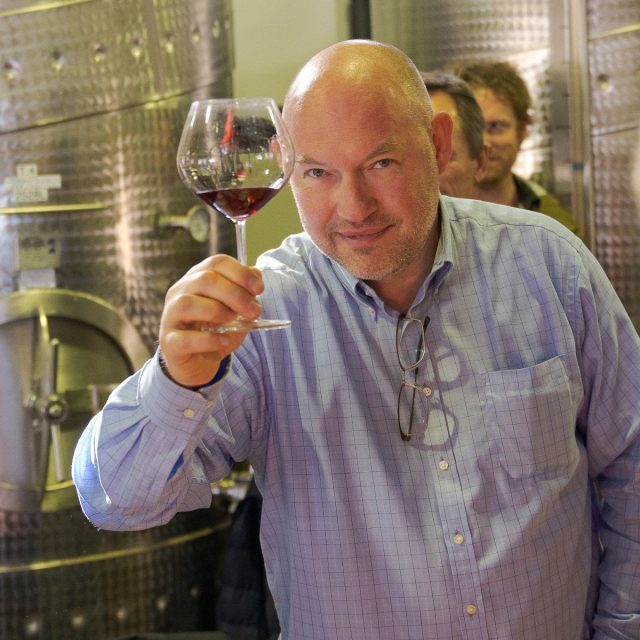
Addressing the true cost of organic farming
Those who truly work organically know that organic certification is rigorous and expensive, requiring producers to adhere to strict guidelines such as those set by EcoCert in the EU. According to Dale, becoming certified is not just about ticking a box, it is about committing to a long-term approach that prioritises soil health and sustainability. “We use the EU standard of organic certification, which is incredibly rigorous. Some of us are going for US certification too. It is another cost, and it’s difficult enough to make money in this industry.”
The challenges of organic viticulture in South Africa are different from those in Europe. “The upside is we have less summer rainfall and many of us enjoy a fresh and windy ocean influence which diminishes disease pressure. But the costs remain high-labour, organic treatments, and certification all add up.”
Partner Content
Walking the walk: Organic Wines South Africa
To combat greenwashing and support genuine organic producers, Dale co-founded Organic Wines South Africa, as db reported in October last year. The association is a coalition of twelve certified organic producers, including Avondale, Joostenberg Estate, Reyneke Wines, Spier, and others. The group has strict membership criteria: only fully certified organic producers or those undergoing certification can join. Furthermore, only certified organic wines are showcased at their tastings and events.
“We in the association share a fundamental core belief that we need to stop using chemicals or genuinely diminish them to the very best of our ability,” Dale says. “We want to eliminate any doubt by walking the walk as well as talking the talk.”
The UK market: a key ally
South Africa’s organic wine movement finds an important ally in the UK. The British market has long been receptive to South African wines, with organic sales growing despite a wider decline in wine consumption. “The UK market is receptive to fine South African wine in a way that Asia and much of the rest of Europe isn’t. There is a much bigger understanding of and enthusiasm for South African wine,” Dale explained to Garnett.
With retailers like Majestic reporting a near-doubling of organic wine sales in 2024, it is clear that demand exists. Monopoly-controlled markets such as Sweden are also pushing for stricter environmental protections, further driving the need for certified organic wines.
The future of organic viticulture in South Africa
Despite economic pressures and climatic challenges, Dale remains steadfast in his belief that organic farming is the future. “Younger consumers get it way better than our generation; they care about the environment, and they will embrace change. The wine market is shrinking, and consumers want organic wine.”
Dale and Radford Dale have taken their commitment even further, implementing sustainable packaging and lightweight bottles, working closely with The Wine Society to ensure compliance with strict environmental policies. “When I read through their new compliance documentation, I saw we were already doing everything they asked for, which was a huge plus.”
For Dale, organic viticulture is not about following a trend, it is about responsibility. “We need to be doing the right thing, we should be looking after the earth, empowering people, and thinking about what we eat and drink because it’s the right thing to do, nothing more, nothing less.”
Today (Wednesday 26th March) Dale enthusiastically told db that “compared to the 2024 vintage, we are down 23% in yields at our Organic Estate in Elgin in the just finished 2025 harvest, but the quality is looking as good as the legendary 2015 vintage it seems… Fingers crossed!”
Related news
Final call for entries to The Drinks Business Asia Masters

